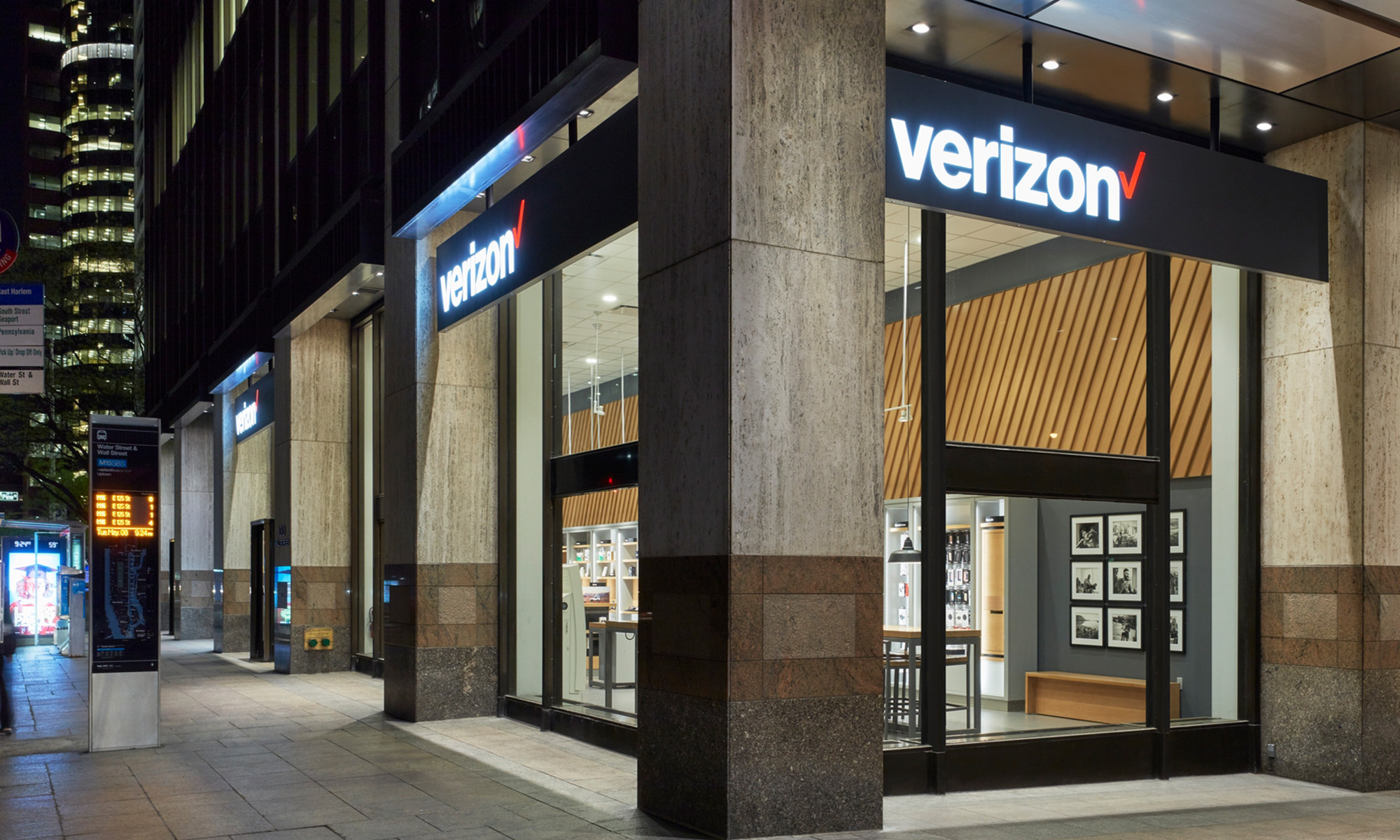With the launch of 5G Home, America's leading wireless network, Verizon (VZ +0.18%), is on a collision course with Century Link (CTL +0.69%) and other internet service providers. The two companies' primary money-making operations have been headed in opposite directions the last few years, with Century Link steadily losing cable TV and voice business, while Verizon has managed some incremental gains despite a competitive mobile services industry.
However, while investors might be quick to pan Century Link in favor of Verizon, the comparison isn't as unfair as it looks on the surface.
The side-by-side numbers
|
Metric |
Verizon |
Century Link |
|---|---|---|
|
Enterprise value |
$341 billion |
$61 billion |
|
Total debt |
$116 billion |
$37 billion |
|
Dividend yield |
4.4% |
9.5% |
|
Trailing-12-month revenue |
$130 billion |
$21 billion |
|
Trailing-12-month P/E |
7.2 |
12.6 |
|
Forward-12-month P/E |
11.3 |
18.5 |
|
Trailing-12-month free cash flow |
$12.9 billion |
$2.3 billion |
|
Price-to-free cash flow |
17.1 |
8.8 |
P/E = Price-to-earnings. Data sources: Verizon, Century Link, Yahoo! Finance, and YCharts.
The world is going mobile, but...
Even in spite of stiff competition in the mobile space, there has been plenty of room for Verizon to add new subscribers and slowly grow its top line -- cumulative revenue grew 8.5% over the last trailing five year period. The world is transitioning to mobile-first, and Verizon is helping lead the charge with its new 5G Home broadband internet service, which will initially be available in four U.S. markets starting in October. That service is laying the groundwork for a next-generation 5G mobile platform that will be able to power new smartphones as well as new data-driven technology like smart cities, connected autos, and connected healthcare.
However, Verizon's stock isn't without its faults. Free cash flow -- or money left over after basic operations and capital expenditures are paid for -- has been back on the rise since 2017. Building out new mobile 5G services is expensive, though, which could keep a lid on profitable growth in the coming years even as revenues increase from new subscribers. Management has also said that getting its debt paid back down is a priority, a large chunk of which was taken out to fund network upgrades and the acquisition of Yahoo! and AOL. Until that happens, interest expense will also weigh on results. Thus, while Verizon's P/E makes it look ultra-cheap, its price to free cash flow ratio of 17.1 has the stock valued more like a stable and mature company. That's still a fair price to pay given Verizon's plan to grow with the release of 5G in the coming years.

Image source: Getty Images.
That's where CenturyLink makes a compelling counter-argument. Though its basic services are in decline, its combination with Level 3 last year has been helping the company give expenses a haircut through synergies. Debt is sky high, but there's a plan to get it reduced, and faster fiber optic-based internet that can keep up with Verizon's 5G offering is also being slowly rolled out to its business and residential customers.
As a result, CenturyLink's free cash flow is also on the rise, making the stock cheaper than it may appear to be when using the P/E ratio to value it; price to free cash flow sits at just 8.8. More importantly, though, that free cash fully covers CenturyLink's huge dividend -- and then some. Management said it will pay out $2.3 billion in dividends in 2018 and will have $1.3 to $1.5 billion in free cash left over after that. So, while many investors have steered clear of the stock because of falling revenue and perceived risk that the dividend will get the ax, that doesn't appear to be in the cards anytime soon.
CenturyLink doesn't look like a bad pick for investors seeking income over the next few years. However, don't expect growth anytime soon, especially with Verizon gunning for traditional internet service providers with its new wireless tech. Thus, I still believe Verizon is better suited to handle future internet and data needs with its 5G services, making the stock the better buy as a long-term play. Still, with CenturyLink making some headway in its recovery, the showdown between the two isn't as skewed in Verizon's favor as it might initially appear.







